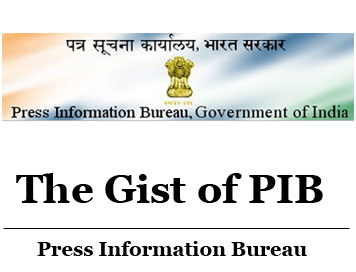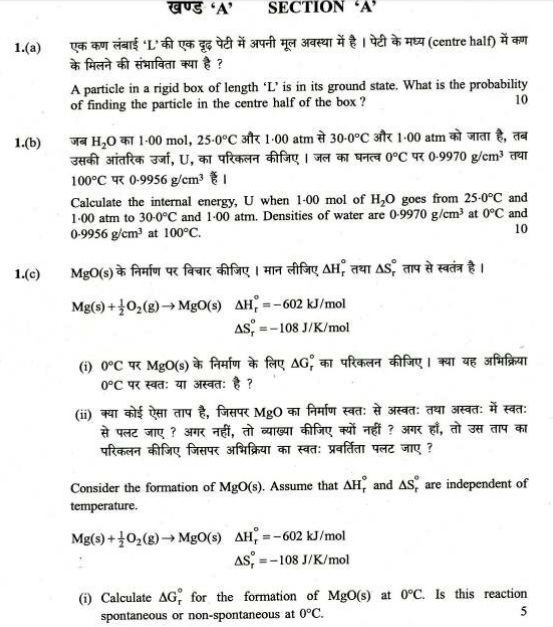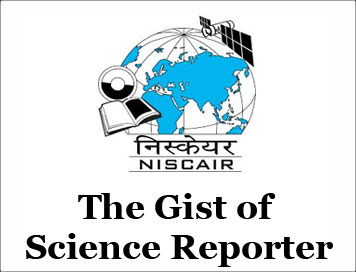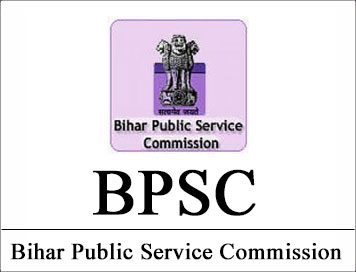
Sample Material of Current Public Administration Magazine
1. Accountability and Control
When Privacy was made Supreme
The month of August marks a momentous event in the story of our nationhood as
we celebrate our independence from colonial rule. The very basis was a
constitutional choice, which civil rights lawyer K G Kannabiran put it as the
“termination of imposed suzerainty”. Two years ago, this sentiment seemed to be
achieved with the historic decision of the Supreme Court in the Puttaswamy
Privacy case, in which nine judges unanimously affirmed the fundamental right to
privacy. This newspaper reported the apex court’s decision on the front page
with the electric headline — Privacy Supreme.
<< Read More >>
2. Indian Government and Politics
The Business of Politics and Necessity of Values
Democracy is not just a set of institutions
but also a set of values. The institutions are, minimally speaking, free and
fair elections, an elected Parliament containing an executive and an Opposition
to hold it accountable, an independent judiciary, a nonpartisan bureaucracy, a
free media, and security of existence for all citizens. Democratic values
include the ability to accommodate a diverse range of viewpoints that requires
civility of conduct, a commitment to egalitarian ideals, the idea of universal
citizenship — encompassing rights but also duties, allowing all sections of the
populace to be heard despite the louder voice of the majority, and, a general
commitment to the common good over individual desires.
<< Read More >>
3. Indian Administration
Extraneous Factors at Transfers and Postings
The recent transfer of Subhash Chandra Garg
as finance secretary heading the Department of Economic Affairs (DEA) led to
speculation as to its causes. Transfers/postings and superannuation define the
life of a public servant. There is nothing unusual in the appointing authority
replacing one officer with another by exercising choice within the
constitutional scheme for managing governance. However, the displacement of the
architect of a core aspect of the Union Budget (the proposal to raise $10
billion from the sale of sovereign bonds overseas), during the Budget Session of
Parliament, is definitely not routine
<< Read More >>
4. Social Administration
Sexual Violence and Harassment at Work Places
Although India is among the very few
erstwhile colonies to have signed the treaty that established the International
Labour Organisation (ILO), the country’s Parliament, mass media, and human
rights and social movement activists remain too preoccupied with other issues to
pay attention to some of the landmark events associated with the agency’s
centenary celebrations. Although in a welcome move last year, the Union home
minister issued directions to states to ensure that Internal Complaints
Committees to examine the issue of sexual harassment at the workplace are
constituted, only benign neglect has so far greeted the ILO’s Convention and
Recommendation on the human right to freedom from sexual harassment and violence
in the “world of work”.
<< Read More >>
5. Current Topic
Why Article 370 had to go
It is not always that a writer has to
quickly deal with the practical consequences of what he wrote about recently. My
last article (‘A New Deal for Kashmir,’ July 5), published in these pages,
looked at the difficult choices India faced in Kashmir and suggested that we
should have a wider debate about repealing Article 370 as one of the options.
Predictably, it caused a furore amongst a section of our intelligentsia for whom
Article 370 was more an article of faith than anything else.
Around midnight on August 4, when we received our orders to go on high alert and
prepare for some important announcement in Parliament the next day, little did I
realise that what I had advocated for debate, had actually been decided.
Starting midnight, we began to go into lockdown mode. The communication blackout
was total. It would be a few days before one would get access to a mobile phone
— voice only, no data. And a few more days before one had limited access to
internet at speeds that brought back memories of the dial-up modem era.
<< Read More >>








